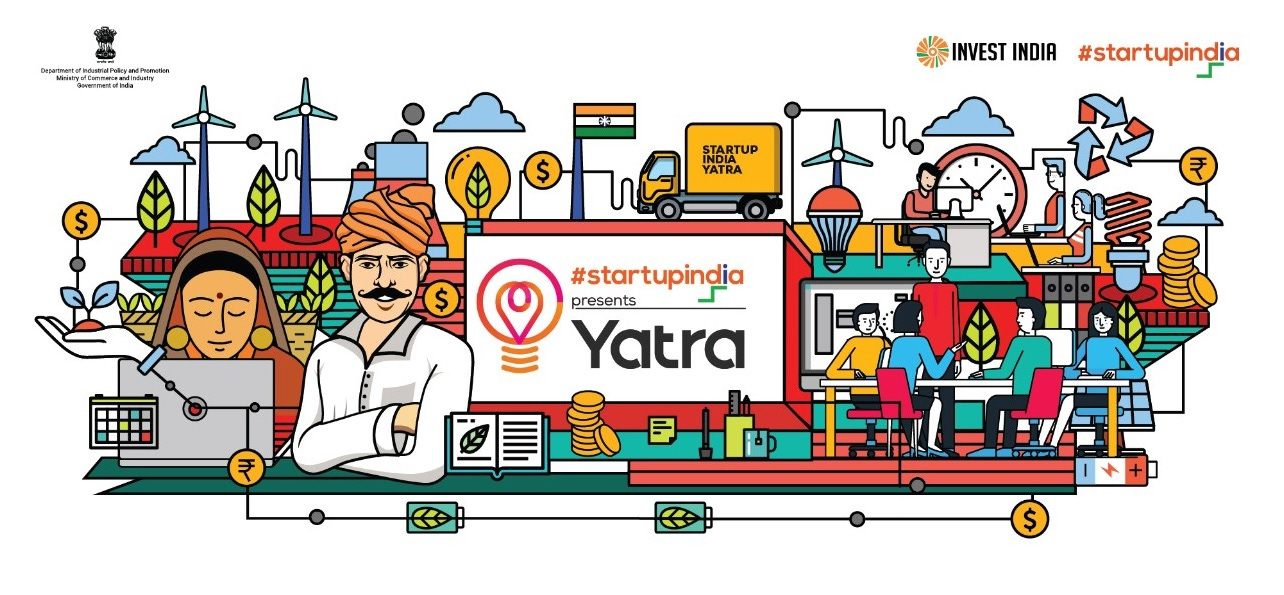India’s Startups Thrive Despite Pandemic
Flourishing sector provides bright spot in virus-crippled economy
By: Neeta Lal
Indian Prime Minister Narendra Modi’s much-criticized Make in India program, which has had desultory success, appears to be gaining traction in India’s startup ecosystem, with new avenues of growth and opportunities emerging with rapid digitalization and tech adoption providing the tailwind.
At 12,500, India has the third-largest number of …
Keep reading with a 7-day free trial
Subscribe to Asia Sentinel to keep reading this post and get 7 days of free access to the full post archives.

